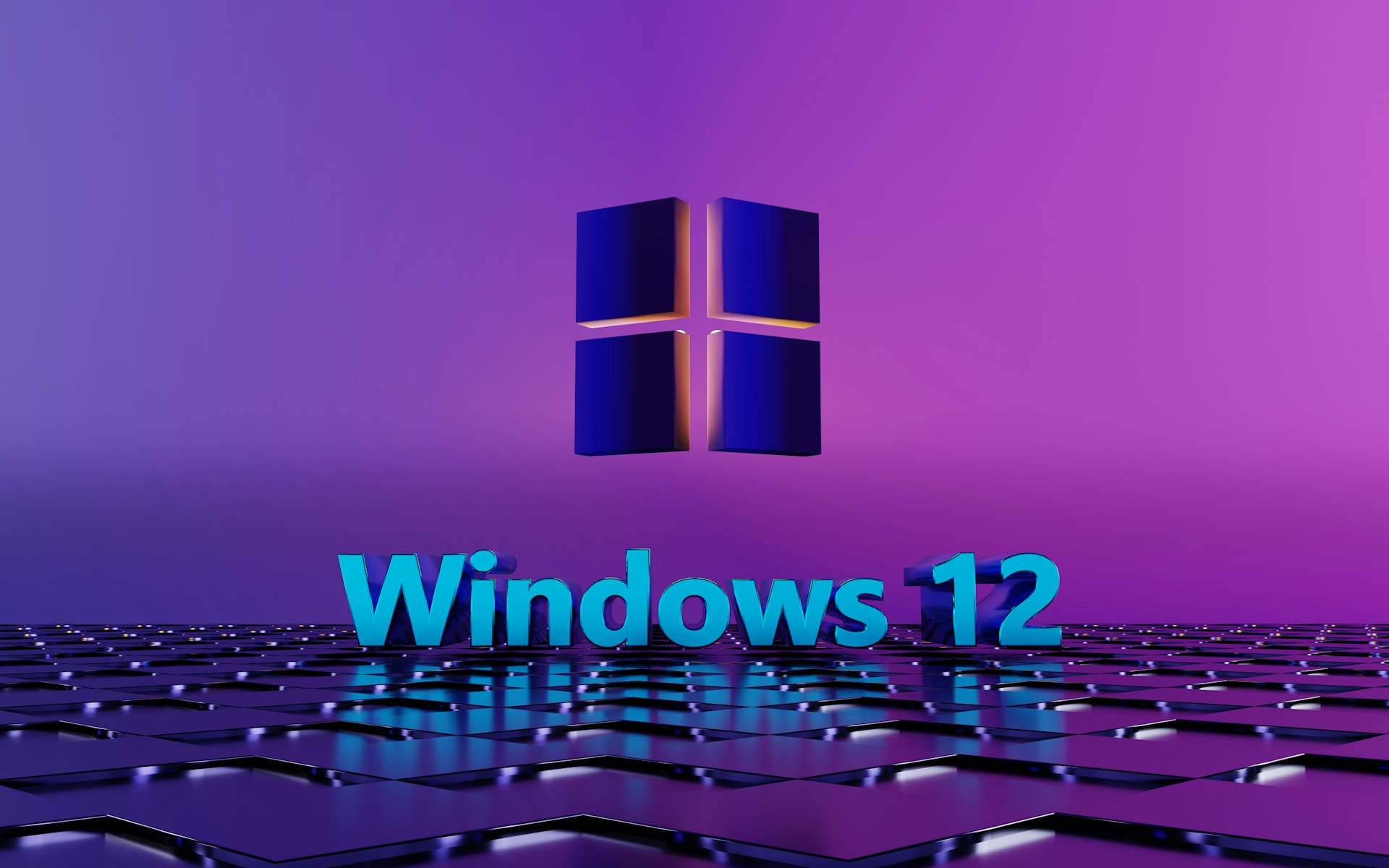Building Bridges: The Transformative Power of Cross-Cultural Gaming Communities

Photo by Andreas Haslinger on Unsplash
Introduction
In today’s interconnected world, cross-cultural gaming communities have emerged as powerful platforms for fostering genuine connection, empathy, and personal growth. These communities bring together individuals from diverse backgrounds, offering opportunities for meaningful interaction that transcend geographical and cultural boundaries. As gaming evolves from a solitary hobby to a collaborative, global phenomenon, understanding the importance of these communities has never been more critical. This article explores the key benefits, real-world examples, practical steps to get involved, and guidance for maximizing positive impact within cross-cultural gaming circles.
Fostering Connection and Inclusivity
Multiplayer and online gaming platforms provide a space where individuals can communicate, collaborate, and build friendships regardless of nationality, language, or social identity. Through real-time interactions and shared goals, players gain exposure to different perspectives, fostering empathy and mutual respect. Studies indicate that online games help individuals connect and collaborate in ways that mirror real-world teamwork, offering a sense of inclusion and belonging that can be difficult to find elsewhere [1] [2] .
Inclusive gaming communities are particularly impactful for individuals who may face barriers in traditional social settings, such as people with disabilities or those from marginalized groups. Games with diverse characters and narratives offer a safe environment to share experiences and build supportive relationships, reinforcing self-esteem and reducing feelings of isolation [5] .
Building Empathy and Cultural Understanding
Cross-cultural gaming communities encourage players to collaborate with teammates from around the world. This exposure naturally breaks down stereotypes and misconceptions, as players learn to work toward shared goals with individuals whose backgrounds may differ greatly from their own. The collaborative nature of gaming-whether through team-based missions, competitive esports, or creative sandbox environments-helps participants develop communication skills, empathy, and a deeper appreciation of diversity [3] [4] .
According to research, over 60% of adult gamers play with others, often forming squads or guilds that bring together people of different ages, genders, and nationalities. These interactions lay the groundwork for lasting friendships and broadened worldviews [4] . In many cases, in-game teamwork translates into improved conflict resolution, constructive feedback, and adaptability-skills that are invaluable in both personal and professional life [3] .
Mental Health Benefits and Support Systems
Gaming communities often serve as informal support networks for their members, offering a space to discuss life challenges, seek advice, and receive encouragement. Innovative programs such as Stack Up’s mental health support via Discord demonstrate how these virtual spaces can provide targeted assistance-helping players manage stress, anxiety, and other emotional challenges [2] . For those struggling with loneliness or social isolation, the ability to connect with others in a positive, low-pressure environment can be transformative.
Games that celebrate cultural diversity further empower players by validating their backgrounds and life experiences. When individuals see their own cultures and stories reflected in-game, it can enhance self-worth and create a sense of community that extends beyond the digital world [5] . These positive mental health outcomes highlight the broader social impact of inclusive gaming environments.
Opportunities for Personal and Professional Development
Participation in cross-cultural gaming communities builds a range of soft skills, including communication, teamwork, leadership, and cultural intelligence. These skills are directly transferable to academic, professional, and social contexts. For example, effective collaboration in a multi-national esports team can mirror the requirements of a global workplace. Players learn to navigate language barriers, time zone differences, and varying communication styles-skills highly valued by employers [3] .

Photo by wu yi on Unsplash
Developers and industry leaders are increasingly recognizing the value of diversity in both game content and their own teams. Companies that prioritize inclusive design and diverse hiring practices not only produce richer, more innovative games but also create more dynamic and equitable workplaces. This shift benefits the gaming community at large, as it leads to more authentic representation and a wider array of stories and experiences [5] .
Getting Involved: Step-by-Step Guidance
If you’re interested in joining or benefiting from cross-cultural gaming communities, here are practical steps you can take:
-
Choose Inclusive Games:
Look for titles that promote collaboration, feature diverse characters, and offer multilingual support. Games like
Kinder World
have been cited for their emphasis on empathy and constructive interaction [2] . - Join Community Platforms: Engage with others through official forums, Discord servers, or social media groups dedicated to your favorite games. Many platforms have channels specifically for international players or cultural exchange.
- Participate in Events and Tournaments: Compete or spectate in esports tournaments, cultural festivals, or in-game events. These gatherings offer opportunities to meet players from around the world and celebrate diversity [4] .
- Seek Out Support Networks: If you’re looking for mental health resources or peer support, search for organizations like Stack Up, which offer accessible programs for gamers. You can also find community-run support groups within major gaming platforms [2] .
- Contribute to Inclusive Spaces: Practice respectful communication, stand up against harassment, and welcome new members. If you’re a developer or community leader, prioritize diverse representation and encourage open dialogue about cultural differences.
To get started, search for “inclusive gaming communities” or “international gaming forums” related to your favorite titles, or visit the official pages of major platforms such as Discord, Steam, or PlayStation Network. Always verify the legitimacy of any group or organization before joining. For mental health-focused support, consider searching for “Stack Up Overwatch Program” or reputable mental health organizations with a gaming focus.
Challenges and Solutions
While cross-cultural gaming communities offer numerous benefits, they also present unique challenges. Language barriers, cultural misunderstandings, and occasional instances of toxicity or exclusion can arise. Addressing these challenges requires proactive moderation, accessible reporting tools, and ongoing education about cultural sensitivity.
Players can help by learning basic phrases in other languages, using translation tools, and being patient with teammates from different backgrounds. Developers can implement automatic translation features, clear community guidelines, and robust moderation systems to foster a safe and welcoming environment. When conflicts arise, seeking mediation or reaching out to community managers often leads to positive resolutions.
Alternative Approaches and Additional Resources
For those who prefer offline interaction or wish to supplement their online experience, consider organizing local gaming meetups, cultural exchange workshops, or hybrid events that bridge digital and physical communities. Libraries, community centers, and educational institutions increasingly host gaming clubs and tournaments open to international participation.
If you’re searching for resources, use keywords like “cross-cultural gaming events” or “inclusive esports tournaments”. Contact local gaming associations or cultural organizations for additional support. Many universities and youth programs now offer clubs and mentoring for aspiring gamers and developers interested in diversity and inclusion.
Conclusion
Cross-cultural gaming communities play a vital role in shaping a more inclusive, empathetic, and connected world. By embracing diversity, facilitating meaningful interaction, and providing accessible support, these communities offer real-world benefits that extend far beyond the screen. Whether you’re a player, developer, or advocate, your participation can help build bridges, foster understanding, and unlock new opportunities for growth and collaboration.
References
- [1] GUUL Games (2023). Embracing the Social Side: Benefits of Multiplayer Online Gaming.
- [2] TapNation (2024). Positive effects of mobile gaming on mental health.
- [3] Hakia (2024). Gaming Communities and Social Interactions: Building Connections in the Gaming World.
- [4] World Economic Forum (2019). Video games are transforming how we communicate with each other and the world.
- [5] RTOR (2024). Why Games Celebrating Cultural Diversity Are So Important.
MORE FROM findsun.net













